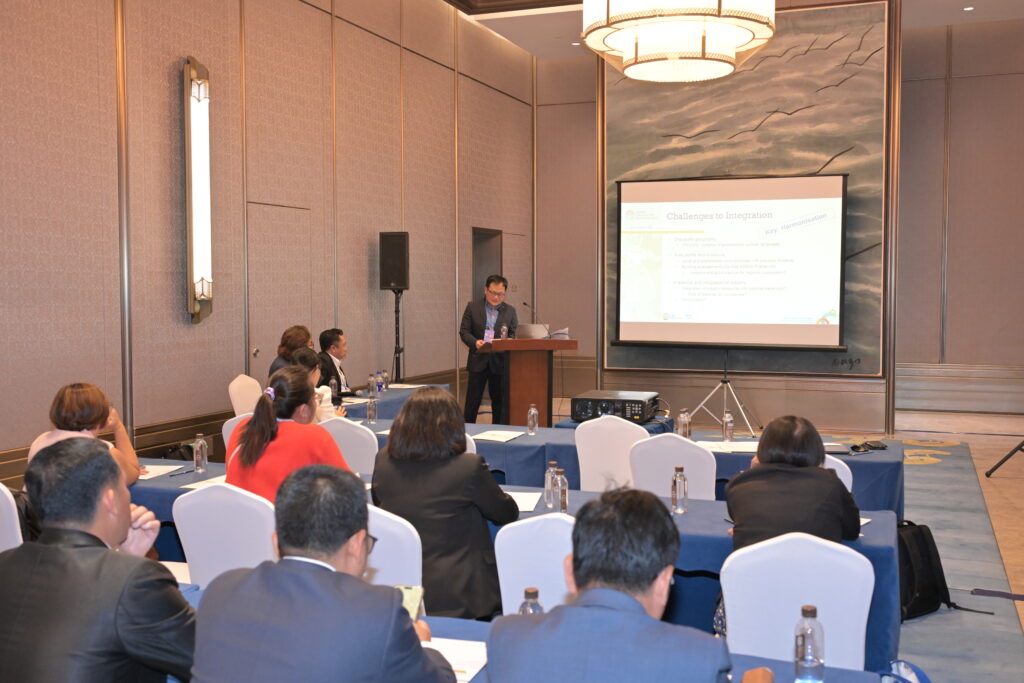ST 2.4 – Perspectives on Collaborative Actions for Effective Oil Spill Preparedness and Response

Major oil pollution, whether ship-sourced or from oil production and exploration facilities, continues to threaten coastal communities and present significant challenges to key stakeholders.
A technical session on Perspectives on Collaborative Actions for Effective Oil Spill Preparedness and Response was convened by OSRL in collaboration with the PEMSEA Resource Facility (PRF) and IMO-Ipieca Global Initiative for Southeast Asia (GISEA) Project, to further promote internationally recognized good practices in oil spill preparedness. Representatives from the national authorities and local governments of Cambodia, Philippines and Viet Nam attended the session.
The impacts of oil spills and lessons learned from past incidents were discussed and various good practices and tools including RETOS and oiled wildlife preparedness and response were introduced. Industry-government collaboration to strengthen oil spill preparedness and response across Southeast Asia, at both the national and regional levels was emphasized and recognized as a key element for mitigating the impacts of oil spills. The session concluded with the following findings:
- Impacts of oil spills to local communities particularly to the ecological, environmental and socio-economic services should be better recognized.
- Strengthening oil spill preparedness and response from regional to local level to promptly respond to oil spill incidents should definitely be prioritized.
- Government and industry cooperation are effective means of mitigating the
impacts of oil spills in promoting the sustainability and resilience of oceans including the utilization of industry good practices and tools that are readily available to countries.
The workshop saw lively discussions to incorporate industry tools and good practices when valuing resources that will be affected by oil spills. The presenters also identified the need to strengthen the engagement of local governments in oil spill response capability building, while sustaining efforts for closer industry and government collaboration for effective preparedness and response to oil spills at the regional and national levels.
This session is closely aligned with Action 5 of the Xiamen Ministerial Declaration in using ecosystem-based disaster risk reduction (Eco-DRR) as part of integrated coastal and river management to contribute to synergistic implementation of the goals and objectives of global instruments and initiatives and national priorities.
